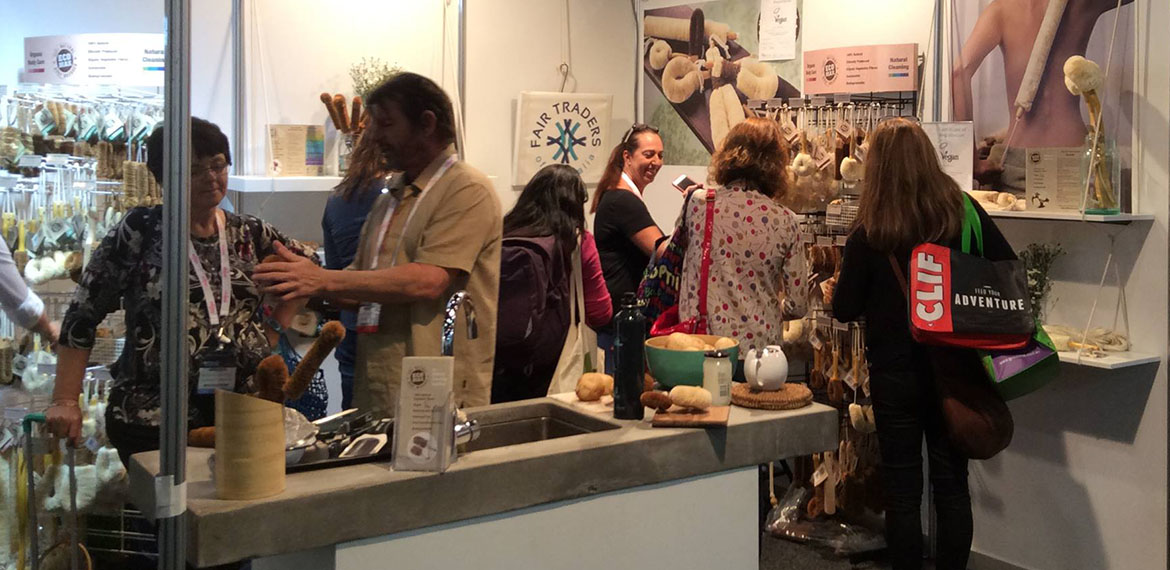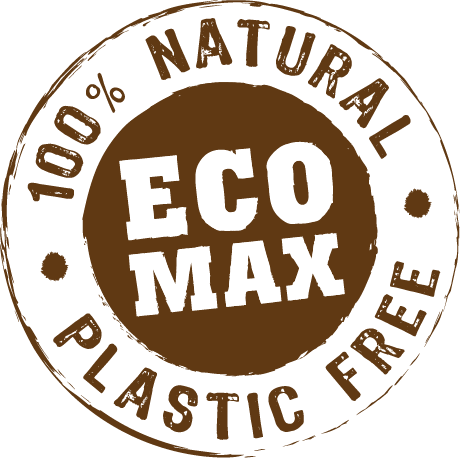How you can truly measure if a company is acting ethically or just spinning you Fair Trade wash.
Here is a list of the 10 principles of Fair Trade and what they really mean.
1. Creating Opportunities for Disadvantaged Producers
This is “Trade not Aid” helping the producer to become self-sufficient & to have income security through trade.

2.Transparency & Accountability
Basically being honest with your producers about your commercial dealings, how much you sell their products for, how the price is set and why. By allowing your producer into the decision making and building long term relationships built on trust with them.
3. Fair Trade Practices
For producers and buyers to know and be concerned about the problems they encounter in all areas of their lives, social, economic & environmental. To keep to your end of the deal, by paying on time the price that was set. From the producers side to deliver on time what was ordered and with the quality that is expected.
4. Payment of a Fair Price
To mutually negotiate a price that is both sustainable for the producer and for the market the products are sold in and not demanding large unsustainable discounts for quantity.

5. No Child or Forced Labour
Both sides must abide by the United Nations’ Convention on the Rights of the Child and also not employ trafficked labour.
6. Freedom of Association & Gender Equality
Both sides must not discriminate on the basis of gender and have a clear policy for gender equality. Everybody should have the right to associate with anybody they want, unions, churches and political parties without being discriminated against.
7. Good Working Conditions
A safe place to work so that you can return to your family at the end of the day. With clean drinking water, proper meal breaks to be able to eat and go to the bathroom, good light to work by, proper working hours and conditions. Conditions that respect their employees and do not submit them to bullying or coercion.

8. Capacity Building
Work with your producers to increase their skills, improve their products and management and increase their access to market to sell their products. With more capacity the business builds resilience, sustainability and growth.
9. Promoting Fair Trade
Raise awareness about Fair Trade and what it means for producers. Share the need for social justice in our world to encourage more people to consider opting for a ethically produced product and ask the question “who made my product”.

10. Respect for the Environment
Fair Trade products are about well managed resources, organic growing practices, recycling and where possible using renewable energy. Without a clean well managed environment we all suffer and the developing economies more than anyone.
Ten fairly simple rules for a more just form of trade, that demonstrates how we should all be treated; With respect, fairness and sincerity.




